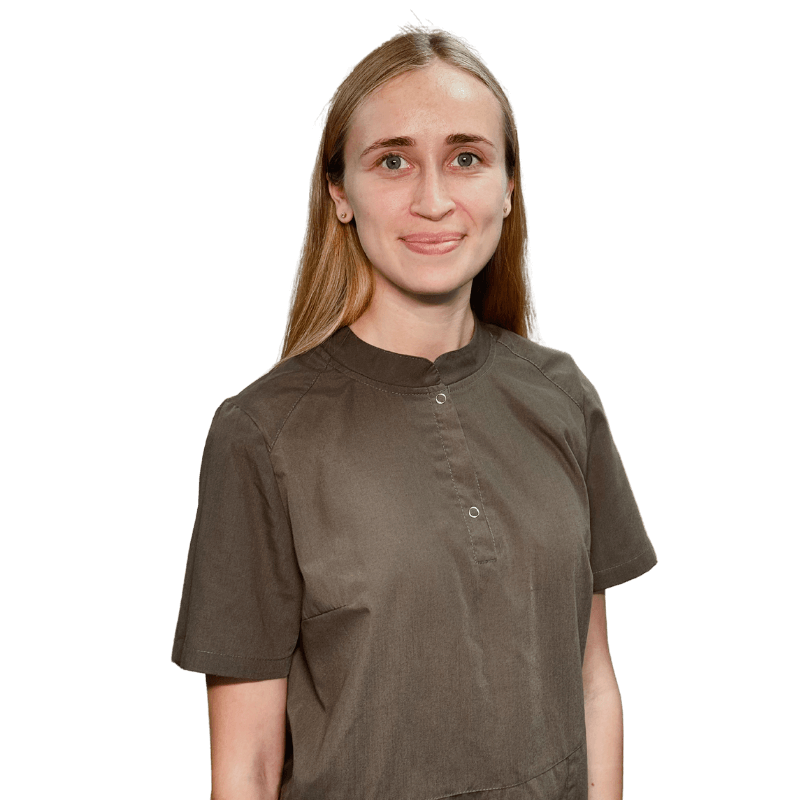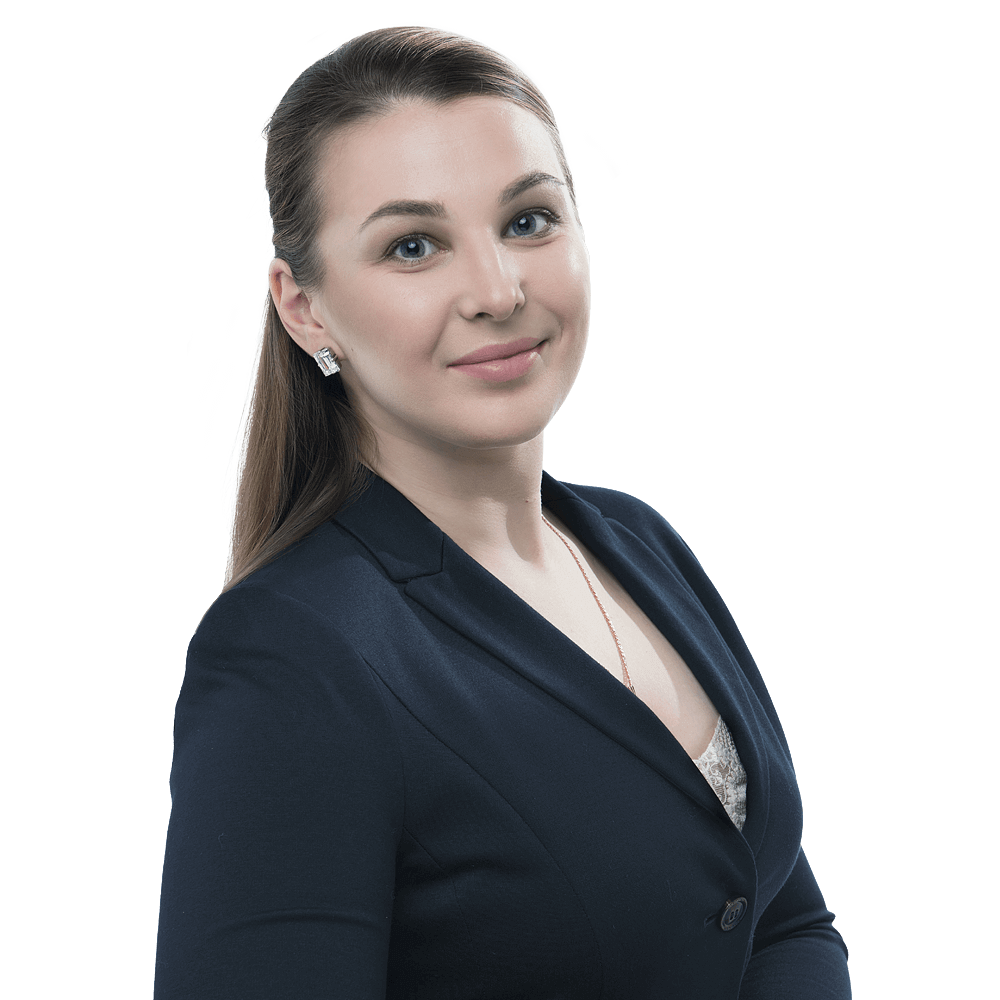Ophthalmology (for children and adults)
An ophthalmologist is a medical specialist who treats eye diseases and helps the patients to restore the ability to clearly see the world around them.
Why do patients choose ophthalmologists of Euromed Clinic?
Our ophthalmologists work in accordance with international standards and are equipped with the most modern ophthalmological instrumentation. They are aware of all the latest methods of eye treatment, vision correction and vision decline prevention. The proverb “to cherish as the apple of the eye” is about the ophthalmologists of Euromed Clinic: that is how we cherish the vision of our patients.
Our doctors
Department's services
What diseases does an ophthalmologist treat?
- Myopia and hyperopia;
- Conjunctivitis;
- All kinds of cataract;
- Glaucoma and other vitreous body diseases;
- Refraction and accomodation disorders;
- Iridocyclitis;
- Keratitis;
- Chalazion, hordeolum, blepharitis, non-infectious dermatoses and other diseases of the eyelids;
- Lesions and diseases of the orbit, lacrimal apparatus, lens, sclera and cornea;
- Ciliary apparatus and iris lesions;
- Chorioretinal inflammation;
- Diseases of the retina and choroid;
- Different diseases of eyeball (degenerative conditions, purulent endophthalmitis, degenerative myopia, ocular hypotony, magnetic or non-magnetic foreign body which was left in the eye (got into the eye a long time ago);
- Paralytic strabismus and other forms of it;
- Conjugate eye movement;
- Pupillary function anomaly.
When should I visit an ophthalmologist?
You should visit an ophthalmologist if you have the following symptoms:
- Pain in the eyes;
- Blurred vision of distant or near objects;
- Double vision;
- Coning of vision;
- Eye strain, mucous membrane dryness, redness of the eyelids;
- Headaches, dizziness and fatigue;
- Photophobia;
- “Flies” or flashes of light before the eyes;
- Damage to the cornea or the eyelid;
- Eyeball injuries;
Diagnostic methods of an ophthalmologist
- Examination and interview;
- Visual acuity test;
- Sciascopy;
- Fundoscopy;
- Tests for distinguishing colors and their shades;
- Examination of fields of view and other methods.
What happens during an ophthalmologist’s appointment
An ophthalmologist interviews the patient, performs thorough examination that includes the assessment of his lacrimal ducts and eyelids, position and mobility of the eyeballs, examination of his fundus, the state of his pupils and their response to light. Then the ophthalmologist checks the visual acuity, showing the patient the letters that he must distinguish, alternately closing the right and then the left eye.
Sciascopy allows to detect the vision system refraction (it is measured in diopters). The ophthalmologist can perform other examinations or prescribe additional ones (for example, brain MRI). Then the ophthalmologist makes a diagnosis, develops the treatment schedule and appoints the next visit to estimate the effect. Modern treatment allows to diagnose and cure almost any eye disease at the early stages.
Our ophthalmologists can advise on preventive measures and help the patient choose the best ways to correct vision and treat eye diseases, taking into account individual characteristics.
FAQ:
Why do you need an ophthalmologist consultation during pregnancy?
During pregnancy the amount of circulating blood increases as well as blood pressure. Extra strain causes damage to small blood vessels, including the ones in the retina. This is extremely dangerous if the woman has had hypertension before. Further, during childbirth, pressure can increase to a critical level, which can damage not only the retina, but sometimes the visual analyzer structure. Therefore, it is necessary to estimate the vision condition of a pregnant woman (just in case).
How to detect cataract at an early stage?
This is very difficult since the symptoms may increase gradually over several years. They do not appear immediately. However, you should pay attention if you have the following symptoms:
- You have double and blurred vision of objects;
- There is a shadow around objects;
- You see dark specks from time to time;
- The perception of color is impaired – everything has a yellow tint;
- It is hard to read small text due to the defect of contrast between the letters and the background sheet.
When can I have vision correction surgery?
The main condition you should maintain is the stability of eye optics. In other words, as long as the eye is developing, the eye surgery is not recommended. Most doctors believe that it is possible to perform surgery on myopia correction if the patient is older than 17-18 and the disease has stopped developing. Otherwise, the patient must first stop its progression, and then have the correction.
How to book an appointment?
- Online appointment is the fastest and most convenient way. It is available 24 hours a day, 7 days a week. It takes less than 5 minutes to schedule!
- You can also call us at + 7 812 327 03 01 (24/7), and the call-centre specialists will schedule an appointment whenever convenient to you.
My stay in the Euromed … is a good memory.We have been nicely welcome at the reception the day of my arriv...
I am writing to thank all of you for your excellent treatment during my stay in the cl...





